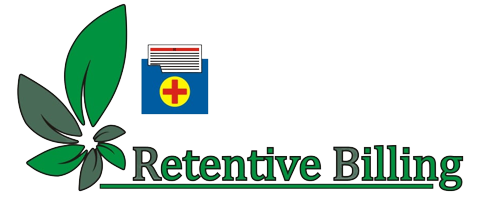Traditional healthcare models are undergoing a paradigm shift, with medical business solutions emerging as catalysts for positive change. From patient management to financial operations, these solutions are designed to streamline processes, reduce administrative burdens, and elevate the overall quality of healthcare services.
Streamlining Administrative Processes:
One of the primary ways medical business solutions are transforming healthcare practices is through the streamlining of administrative processes. Digitized workflows, integrated electronic health records (EHR), and automated billing systems contribute to increased operational efficiency. This, in turn, allows healthcare professionals to redirect their focus from paperwork to patient care.
Enhancing Patient Experience:
Patient-centered care is at the heart of healthcare transformation. Medical business solutions play a pivotal role in enhancing the patient experience by facilitating seamless communication, appointment scheduling, and personalized care plans. The integration of telemedicine solutions further expands access to healthcare, breaking down geographical barriers and improving overall patient satisfaction.
Optimizing Revenue Cycle Management:
Effective financial management is critical for the sustainability of healthcare practices. Medical business solutions, including advanced billing systems and revenue cycle management tools, optimize the financial workflow. By reducing billing errors, accelerating claims processing, and improving reimbursement rates, these solutions contribute to increased revenue and financial stability.
Improving Decision-Making with Data Analytics:
In the age of information, data analytics has become a powerful tool for healthcare professionals. Medical solutions leverage data analytics to provide actionable insights into patient outcomes, resource allocation, and operational efficiency. Informed decision-making based on data-driven intelligence empowers healthcare providers to continually enhance their services.
Ensuring Regulatory Compliance:
Staying compliant with ever-evolving healthcare regulations is a constant challenge. Medical solutions are designed to alleviate this burden by automating compliance tracking and reporting. This ensures that healthcare practices remain in adherence to regulatory standards, mitigating risks and avoiding potential legal issues.
Conclusion:
As the healthcare landscape continues to evolve, the transformational impact of medical business solutions is undeniable. From streamlining administrative processes to enhancing the patient experience and optimizing financial management, these solutions are reshaping the way healthcare practices operate. Embracing innovation in the form of medical solutions is not just a choice; it’s a strategic imperative for healthcare professionals looking to thrive in an era of transformative change. By leveraging these technologies, healthcare practices can chart a course towards excellence, providing high-quality care while navigating the complexities of the modern healthcare landscape.
